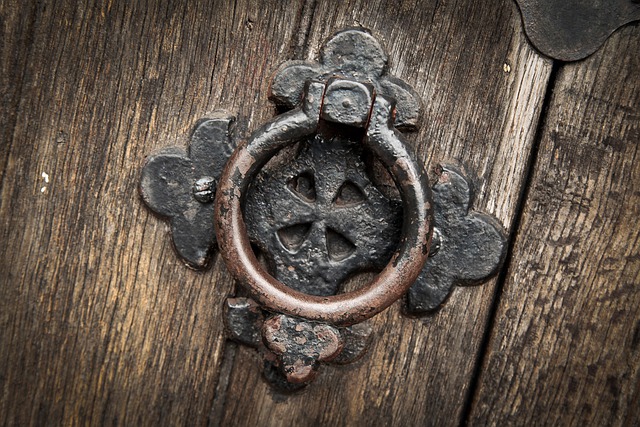Fr Paolo Consonni
Many years ago, I watched the comedy Evan Almighty, the story of a politician’s inner struggle to trust and obey God so that the world might become a better place. I remember particularly one dialogue. The wife of this politician fervently prays to God that she, her husband and their kids might become closer together as a family. Soon after, however, problems start affecting her husband’s career and their relationship, and she feels as if her prayers have gone unheard. Unable to cope with her husband’s troubles, at one point the wife decides to leave him. While eating at a restaurant, God appears to her in the guise of a waiter who, noticing her anxious face, inquires if everything is all right with her.
After hearing her painful story, and sensing her disappointment that God apparently has not answered her prayer, God replies: “If someone prays for patience, do you think God gives them patience? Or does God give them the opportunity to be patient? If a person prays for courage, does God give that person courage, or does He give opportunities to be courageous?”. And then, knowing about her prayer to become a better family, He adds: “If someone prays for the family to be closer, do you think God zaps them with warm fuzzy feelings, or does he give them opportunities to love each other?”
She gets the point and goes back to support her husband and, as it turns out, facing their family troubles together becomes indeed an occasion for the whole family to grow in love and in their faith…and the husband does help the world to become a better place too.
“For everyone who asks receives, and everyone who searches finds, and for everyone who knocks, the door will be opened.” These words of Jesus taken from this Sunday’s Gospel (Luke 11:1-13) are both a reassurance but also a test of faith. We have prayed for a very long time for the pandemic to end. We have prayed that the war in Ukraine might be over soon. And we are surely praying just now that the economy may recover, that our sicknesses may be healed and our broken relationships be mended. Yet, there seems to be little change. Is God not listening? Is our faith insufficient? Are we asking in the wrong way?
These are legitimate questions. Prayer is one of the most basic and spontaneous expressions of our human nature, and yet it seems nothing can be taken for granted about the way we relate to God. No wonder the Catechism twice describes prayer as a “drama” that unfolds, with twists and turns, throughout the history of salvation (CCC 2567, 2598). Prayer is a drama because it is a reciprocal call: in prayer God summons humanity to listen and, in turn, we cry out to Him. There is a dramatic urgency in prayer because our needs are pressing, but also a delay because God has a different timing. Therefore persistence, or as today’s Gospel describes it, “shameless audacity” is an important aspect of this drama.
Prayer is dramatic because it is a struggle: our struggle to obtain from God what we want, and God’s struggle to convince our hearts to trust Him because He knows what we need. As a matter of fact, we often try to manipulate God, like John and James’ mother trying to advance their careers, or the publican trying to convince God about his own righteousness. When this happens, God answers with silence, desolation, and challenges, which unveil our schemes and give us the occasion to fine-tune our requests. In the end, what do we really want and need from God?
When the disciples asked Jesus to teach them how to pray, He implicitly answered this question. More than simply giving a formula, or a method, Jesus shared with us His relationship with “Abba Father” a God who is Almighty and the same time attentive to every single detail of our lives: “When you pray, say: Father…” (Lk 11:2).
“Being a father entails introducing children to life and reality. Not holding them back, being overprotective or possessive, but rather making them capable of deciding for themselves, enjoying freedom and exploring new possibilities” (Pope Francis, Patris Corde 7). More than a God who solves our problems and spares us from life’s challenges, we need a God who accompanies and guides us while facing them, and helps us to grow through them. We need a God who, like a good Father, makes sure we have our daily bread but also that we share it with our brothers and sisters. A Father who assures us that we have a home to return to when we go astray.
Let us keep asking, searching, and knocking. The Holy Spirit will certainly be granted to us to make sure that every aspect of our life, including Covid and all our other problems, may become an occasion to grow in our faith and, in the process, help the world become a better place too.
(Image: PublicDomainPictures@pixabay.com)


 Follow
Follow


